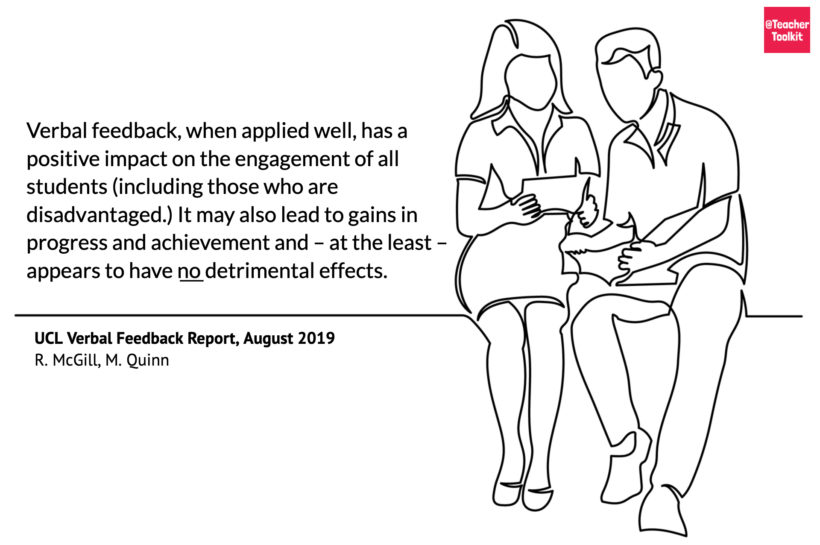27 October 2019

WoW: convention
Communication Focuses
|
READING |
WRITING |
ORACY |
|
|
|
Teaching and Learning Priorities
Climate for learning – students will be enthused by their learning and will be focused, absorbed and attentive (DMC).
Vocabulary – the words that we use and expect the students to be able to use in context, to succeed in their lives beyond Walton le Dale High School (ACH).
Purposeful Interactions by all – if students are communicating, it must be purposeful allow their needs to be met. Interactions should enhance the learning of ALL students at ALL times (CRO).
This Week:
- The thought for the week in form time this week is ‘positivity brings results’. Assemblies will be led by JHA.
- NQTs – Meetings will continue this week: JMJ – Tuesday period 3; RHU – Tuesday period 4; both in RLO’s office
- New Staff (incl. JGA) and NQTs – induction CPD Thursday 31st October in the conference room: RLO – communication.
- Friday – Top Tip from the English Department.
Reflect on Your Practice:
As mentioned before half-term, our ‘Brilliant Teaching and Learning Toolkit’ is underpinned by Barak Rosenshine’s Principles of Instruction. I have included them, below, as a reminder.
Verbal Feedback
‘Verbal feedback, when applied well, has a positive impact on the engagement of all students (including those who are disadvantaged). It may also lead to gains in progress and achievement and – at the least – appears to have no detrimental effects.’
UCL Verbal Feedback Report, August 2019, R. McGill, M. Quinn
Having read the UCL Verbal Feedback Report, cited above, it is clear that there is now compelling evidence that verbal feedback can have a very positive affect on learning. Alongside the report, McGill and Quinn have also published a Toolkit. The following grid serves as a useful starting point for considering your own practice in terms of verbal feedback:
|
WHAT IS VERBAL FEEDBACK |
WHAT ISN’T VERBAL FEEDBACK? |
|
Speaking directly with students |
Recording what has been said |
|
Providing diagnostic assessment |
Offering a summative grade |
|
Providing explicit information |
Providing too much information |
|
Making the implicit, explicit |
Lacking clarity |
|
Targeting future intervention and support |
Withholding ‘how to improve’ |
|
Offering words of motivation (‘not yet’) |
Evaluations saying ‘it’s good…BUT…’ |
|
Offering feedback to develop confidence |
Giving feedback that leads to apathy or demotivation |
For further information, click here.
Top Tip Schedule
Subject Heads, please ensure that someone from your department is ready to share a ‘Top Tip’ on the designated date.
|
HALF-TERM |
||
|
28/10/2019 |
English |
FRI |
|
4/11/2019 |
Drama |
MON |
|
11/11/2019 |
SENDCO |
WEDS |
|
18/11/2019 |
PE |
FRI |
|
25/11/2019 |
Pastries and Progress Open Door Week |
WEDS |
|
2/12/2019 |
MFL |
MON |
|
9/12/2019 |
Technology |
WEDS |
|
16/12/2019 |
Science |
FRI |
CPD Cascade
TeachingHow2s
There is a section on Principles of Instruction. Use it to guide your own CPD and be curious about how you can develop as a practitioner. We are all able to adapt and improve.
Further Reading
Make use of our well-stocked CPD library. We have most of the popular titles from the education genre. Tom Sherington has published this thematic guide to applying the Principles of Instruction. It is a quick read and is useful to incorporate strategies into your own practice. It is available in our CPD library in the staffroom. Below, is a guide to some of the content.
Posted by Rachel Long
Category: Teaching and Learning Digests
